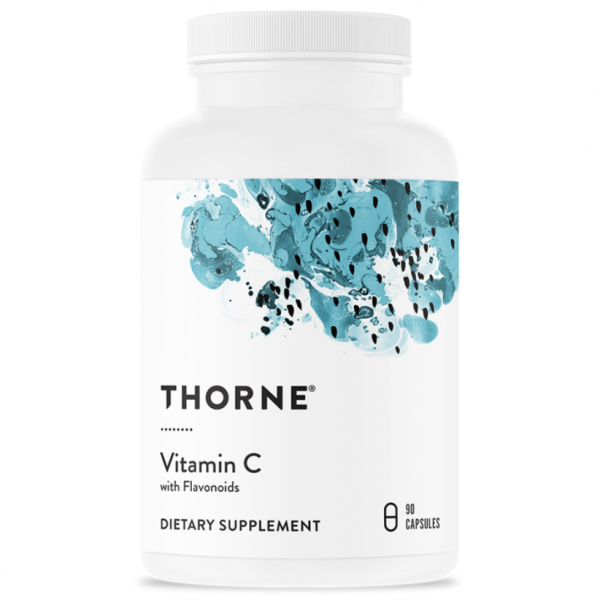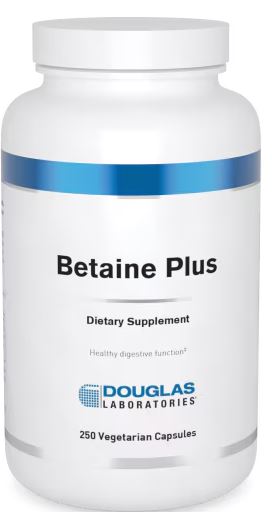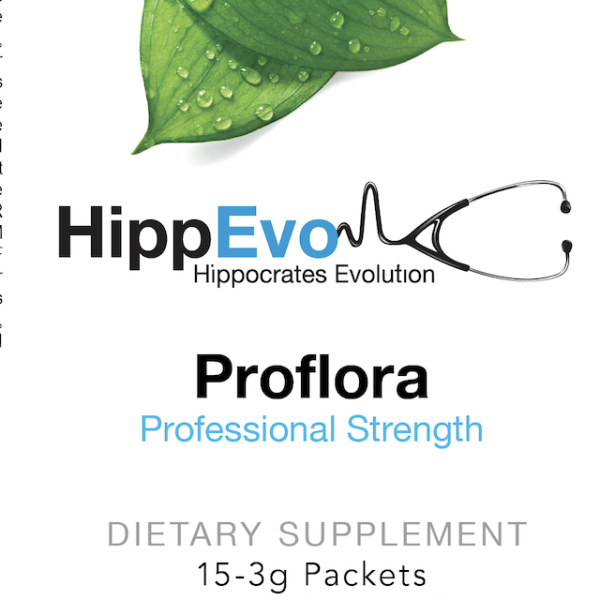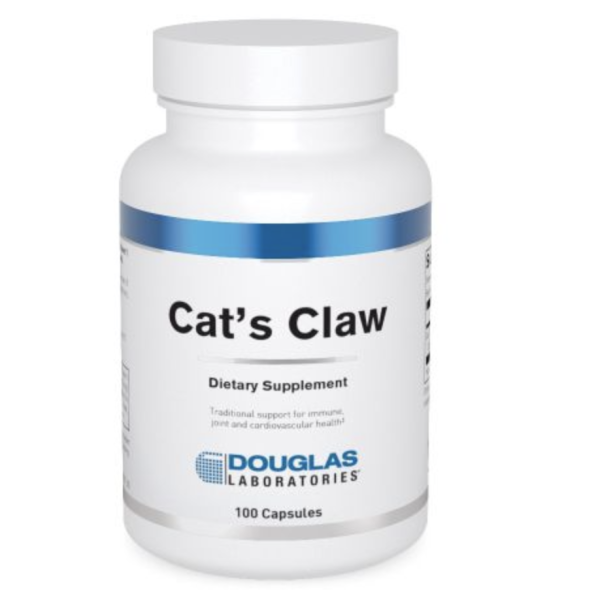Because of our hectic lifestyle, and the way we often consume food that is frequently overcooked, digestion can often be less than optimal. A thorough digestion of foodstuffs with enzymes prevents foods from being fermented in the gut and the proliferation of “bad” bacteria and yeast at the expense of “good” intestinal bacteria. Another benefit of enzymes is that more nutrition can be derived from food. In addition, regular bowel movements result from this better digestion. Digestzyme-V is specifically designed to support digestion and help unlock more nutrition from food.
Digestzyme-V is a comprehensive blend of acid-resistant, plant-based enzymes designed to help maximize the digestion and absorption of nutrients from food. Each capsule includes lipase, amylase, lactase, CereCalase® and protease to aid in the digestion of protein, fat, starches, fiber and other difficult to digest foods known to cause food sensitivities. CereCalase®, a special blend of hemicellulase, beta-glucanase and phytase, is specially formulated to digest the cell walls of plants, providing better nutrition from a plant-based diet. Digestzyme-V also includes Gentian root, a traditional bitter herb, and artichoke, a natural choleretic, added to stimulate the body’s natural production of enzymes and bile.












